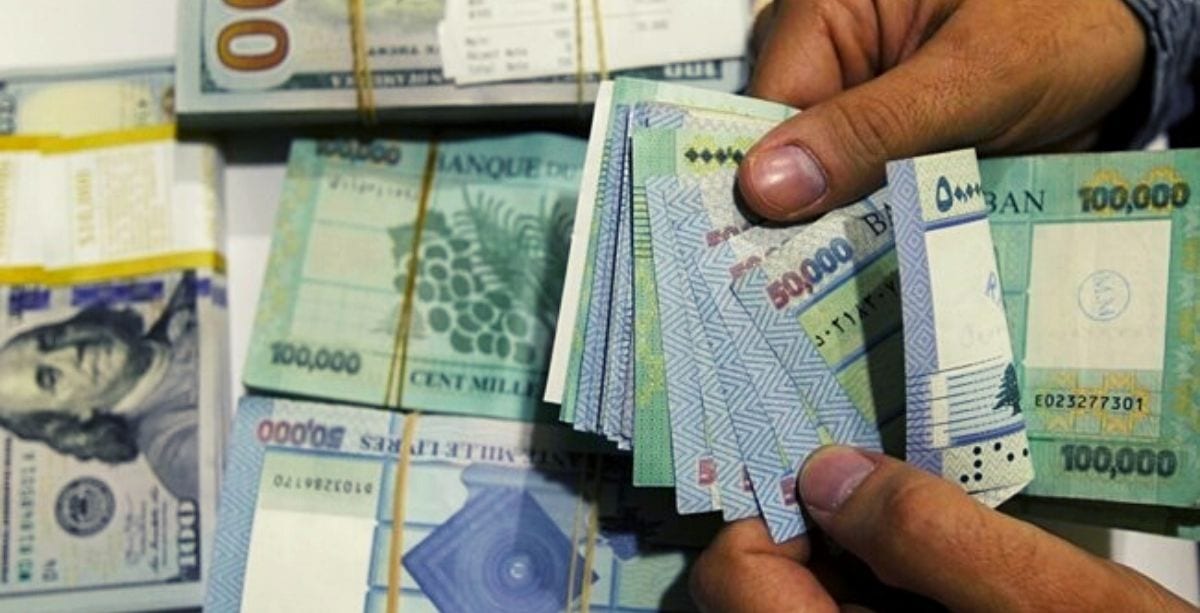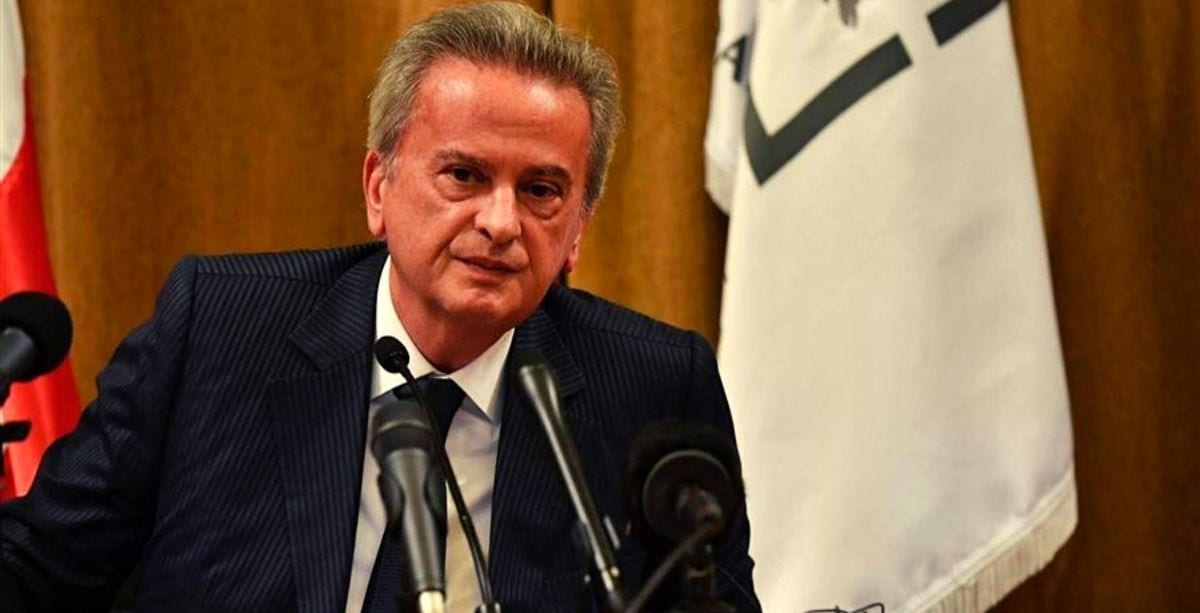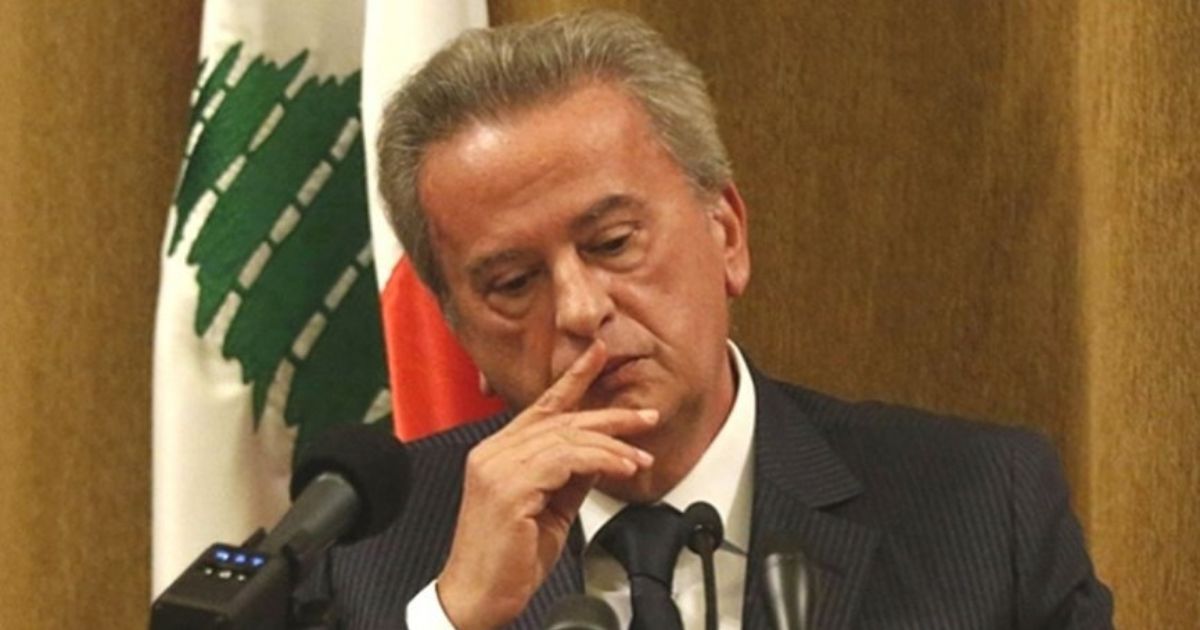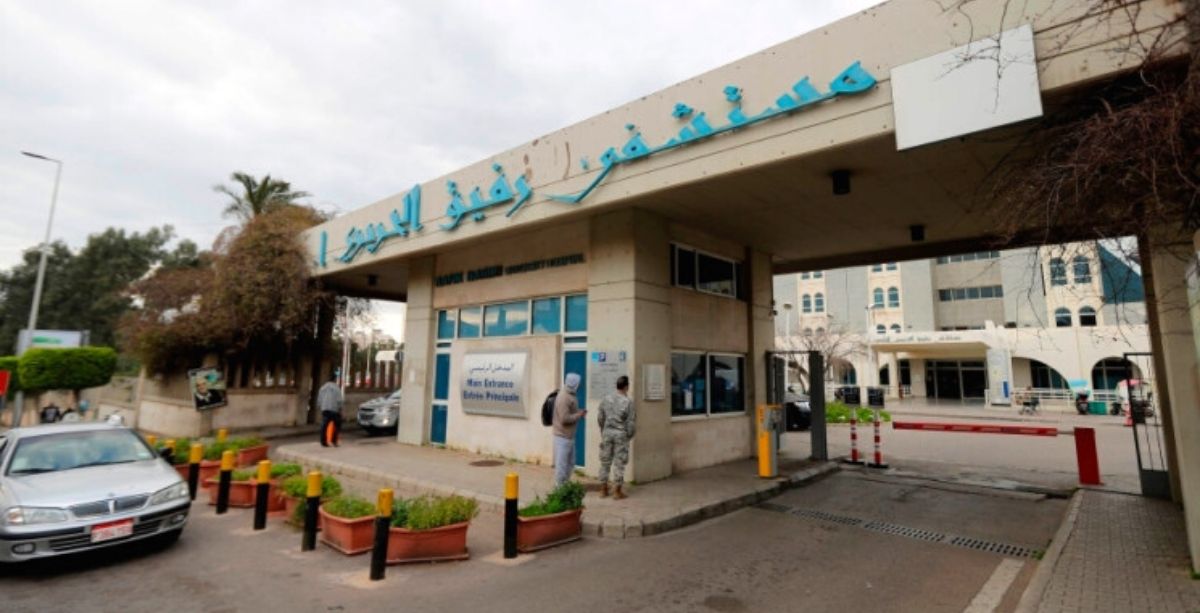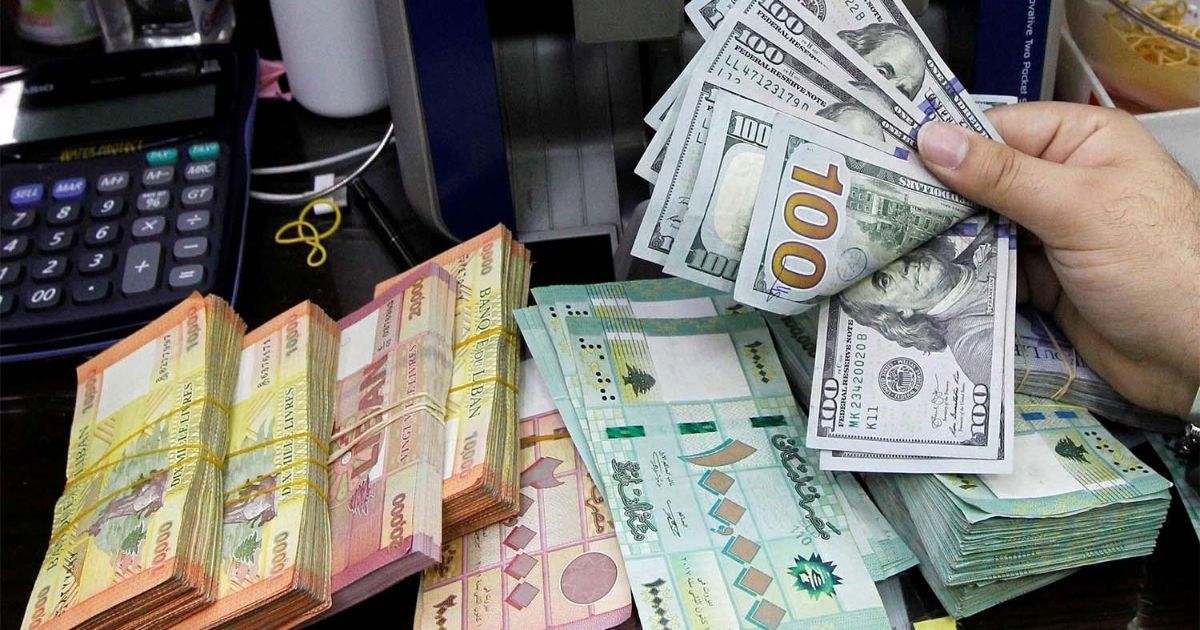The International Monetary Fund (IMF) has made it clear that Lebanon must implement capital controls if it is to slow down its economic collapse.
Now, a draft law that heeds this advice is pending submission to Parliament for approval.
Regulating the flow of capital from Lebanon abroad is a crucial condition for Lebanon to receive the IMF’s much-needed financial support. This step, if followed through, will help stabilize the Lebanese pound and prop the economy.
Although some forms of capital control have been already imposed by Lebanese banks since late 2019, an official law regulating the restrictions has yet to emerge.
Member of Parliament Nicolas Nahas announced that a capital control draft bill is now ready to be submitted to the Finance and Budget parliamentary committee.
The bill, as Nahas told the Voice of Lebanon radio station, has been modified to fit the suggestions of the IMF.
Meanwhile, the negotiation sessions between Lebanon and the IMF have already exceeded 16, apparently without a clear path forward.
The organization’s officials have repeatedly echoed what each of the two members of Lebanon’s negotiations team who resigned in June implied as a major cause of their resignations, namely the lack of a “genuine will to reform.”
Part of this problem lies in the incompatibility between the country’s loss estimates presented by the IMF and those presented by the Lebanese officials, who themselves have failed to agree about the magnitude of these losses.
The latest IMF-Lebanon meeting saw the IMF team’s leader angrily criticizing the performance of Central Bank Governor Riad Salameh and the Lebanese government as a whole.
A Senior EU-Diplomat even accused the Lebanese government of lacking seriousness, saying: “We have been begging them to behave like a normal state, and they are acting like they are selling us a carpet,” according to The Guardian.
MP Nahas recognized that the government lacked “foresight in this file” and insisted that the matter should be taken more seriously.
“Consensus is essential and very necessary at this stage between the government, the Finance Ministry, Banque du Liban, and the Association of Banks in Lebanon so that all of them can establish a roadmap for treatment and solution,” he stated.
While Lebanese politicians continue to disagree, the economy continues to slide into the abyss, taking with it the people, the infrastructure, and the much-awaited and much-needed tourism season.
